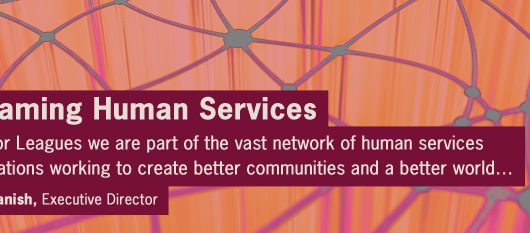Civil discourse is the engagement in discourse (conversation) intended to enhance understanding of particular political issues[i]. As a society, we need more civil discourse if we are to ever bring the integrity back into our political system. A lot more.
Politics at the national level in the United States in particular is stridently partisan and increasingly dysfunctional.
The power and reach of the Internet has served to vulgarize public discourse; at the same time, it has made access to powerful communications tools completely democratic.
Popular culture has been coarsened.
Civics, as a course of study in our schools, has been downgraded or eliminated, leaving our young with little understanding of how our government is supposed to work or what the country’s founding principles are.
And, as individuals, we have taken on Red State/Blue State orientations that impact how we view the world and the issues faced by our families and our communities.
All of that provides an opportunity for The Junior League – which attracts, trains and empowers women as community leaders – to create thoughtful dialog on important issues that affect those communities.
At the same time, there also is a clear need for Leagues to advocate for INFORMED citizen participation, which is part of “developing the potential of women as civic leaders…and improving communities.”
While The Junior League is non-partisan, there is an early history of League leaders openly discussing politics. For example, League Bulletin November 1923 includes pieces contributed by Eleanor Roosevelt and Ruth Pratt on why they chose their party affiliations, and does so in what we would today call Blue State/Red State terms. Another article asks: “Should there be political education in the Junior League?”
Individual Leagues have long addressed and/or advocated for changes in public policy on issues as varied as free school lunches for children in need, environmentalism or, more recently, human trafficking. In doing so, they have had to get the people in their communities involved. That’s citizen participation.
And clearly the increasing activity of Junior League State Public Affairs Committees (aka SPACs) is evidence of the commitment by coalitions of Leagues to effect change in specific public policies in their states and, indirectly or directly, to influence the political process. That creates citizen participation around these issues.
Moreover, Leagues and their members already work collaboratively with other community organizations as partners to create awareness of issues that impact them locally but are, as with human trafficking, symptoms of larger, macro problems.
And Leagues already strive to empower their members to become agents of change, both as members and as influential people within their communities.
And so the case for positioning The Junior League (both AJLI and the Leagues) as facilitators of citizen participation on issues and public policies that affect the constituencies that The Junior League has championed from the first…at risk women and children…is equally clear.
You’ll be hearing a lot more from us in coming months on how Leagues are working to create more civil discourse in their communities while also facilitating more citizen participation in the important issues that face those communities.
We will point directly to what individual Leagues and SPACs are doing to make a difference on issues as varied as children’s dental health, post-partum depression and financial literacy.
And we also will introduce you to League members who are making a difference as leaders, both inside and outside of their League roles.
As a first step, we’re calling all Leagues interested in participating in National Voter Registration Day to join us for a virtual roundtable discussion on Wednesday, March 16 at 4 p.m. ET, to explore in further detail what this work might entail.
Because whether you call it civil discourse or citizen participation, The Junior League is in the game.
[i] Adapted from Wikipedia definition

